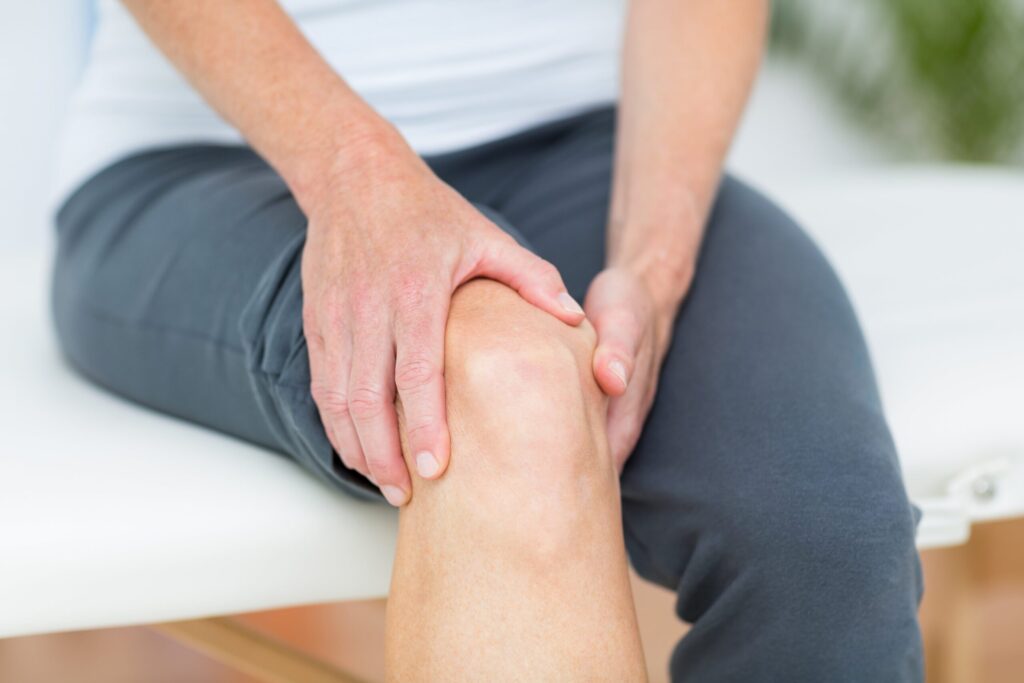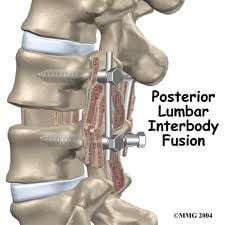
Knee osteoarthritis is a common degenerative condition that affects millions of people worldwide. The condition is characterized by cartilage degeneration that cannot be reversed through natural processes. This condition leads to pain, disability, and a decrease in quality of life in patients. Traditional treatments do not allow patients to address the root cause of the condition.
With the advance in regenerative medicine, mesenchymal stem cells (MSCs) have emerged as an alternative cellular therapy for the treatment of knee OA. MSCs are multipotent stromal cells that can differentiate into various cell types, including chondrocytes.
MSCs can be harvested from multiple sources with minimally invasive procedures. In addition, MSCs have demonstrated superior immunomodulatory and anti-inflammatory properties compared with other cell types, making them ideal candidates for cell-based therapy for knee OA.
In vitro experimental data have suggested that MSCs can promote chondrogenesis and inhibit osteogenesis, leading to an accumulation of extracellular matrix and subsequent repair of cartilage defects.
A number of clinical trials have been conducted to evaluate the safety and efficacy of MSC therapy in treating knee OA, with encouraging results. A study, The efficacy of different sources of mesenchymal stem cells for the treatment of knee osteoarthritis, looked into the potential efficacy of different stem cell sources.
Results of the Study
The researchers looked into the various products and trials using stem cells for knee OA.
Completed Phase I/II/III Clinical Trials using MSC therapies
The researchers found 22 studies from 2012 to 2018 that utilized stem cell therapy to treat knee osteoarthritis. The clinical trials showcased positive results as compared to the baseline results. However, most of the studies found that the results either stagnated years after the treatment or, eventually, patient results regressed.
This stagnation or regression is not necessarily bad news. It highlights the need for follow-up treatment. Some researchers have suggested multiple rounds of stem cell therapy in order to see continued progress. Another area that researchers studied was the length of the follow-up period. Most of the clinical trials had a follow-up period of 12 months, which highlights the need for more long-term studies. The positive takeaway is that stem cell therapy does appear to improve knee OA patient outcomes, at least in the short term.

Market MSC Products
There are several stem cell pharmaceutical products that patients can now utilize that are approved across the world. CARTISTEM® is the world’s first allogeneic cord blood-derived mesenchymal stem cell drug. It was released in South Korea in 2012. In 2017, its manufacturing production exceeded 5,000 vials.
The European Medicines Agency approved the drug as a single-dose therapeutic agent for the treatment of OA. The product also recently completed Phase III clinical trials in the USA. CARTISTEM® represents a significant advance in the field of stem cell therapy and regenerative medicine.
TRINITY EVOLUTION® is another potential stem cell treatment. This treatment is an allogenic graft-containing adult MSCs and has been approved by the Musculoskeletal Transplant Foundation for ankle and foot applications. There was a phase II clinical study that showcased that the number of stem cells can correlate to how much cartilage regeneration occurs.
The researchers focused on finding the optimal number of stem cells that lead to optimal patient outcomes. The scientific community is still looking into the correct stem cell dosage for a number of conditions. It remains to be determined what the ideal dosage is for knee OA patients.
JointStem is another promising stem cell product that may be able to improve knee OA patients. The product contains 100,000,000 adipose-derived stem cells and was developed by a Korean company. Patients are given this treatment via an injection into the glenoid cavity of the shoulder. The treatment regenerates cartilage, reduces pain, and improves joint function. The treatment is under a phase II clinical trial in the United States.
The application of MSC therapies for the treatment of OA is evolving swiftly. There is an urgent need for well-designed studies with uniform protocols and endpoints that will allow comparisons between different groups. Furthermore, it is essential to standardize regenerative medicine protocols. This will enable us to learn more about how these cells interact with their microenvironment, including other cell types involved in tissue regeneration.
The identification of optimal dosing regimens, schedules, and frequency is critical to elucidate the mechanisms underlying MSC-based therapies and will help determine their full potential in translation settings. This information will help to overcome some of the hurdles that are currently present in the field and improve our understanding of how these treatments can be used effectively to treat OA.

